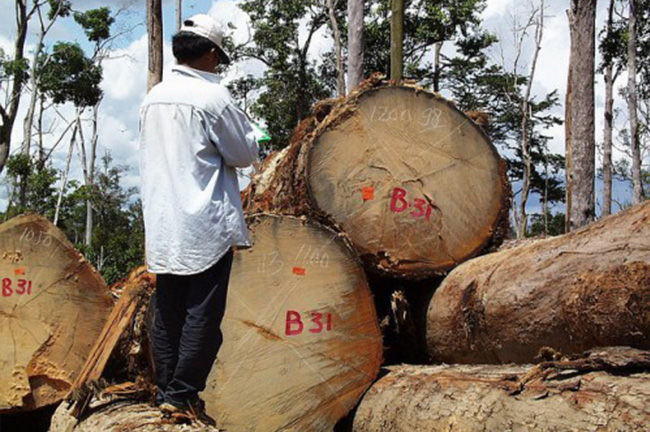The multi-million dollar question: Is forest certification working?

Forest certification is considered a promising tool to improve forest management, but there needs to be a robust evaluation of a complex web of factors to establish its true value for various stakeholders, according to a new analysis, CIFOR’s Forests News reported.
Certification is a market-based scheme under which companies or communities managing forests voluntarily submit to audits by independent inspectors. If they meet responsible forest management criteria, their timber products can then carry a recognized branding such as that of the leading certification scheme, the Forest Stewardship Council (FSC).
“However, the often-claimed environmental and social benefits of certification remain to be empirically evaluated,” scientists from the Center for International Forestry Research (CIFOR) have said in a paper proposing a framework for such an evaluation.
The scientists analyzed existing literature on forest certification. Although much information has already been collected, they found that none of the approaches they reviewed resembled what could be considered a well-designed, independent evaluation.
“Only 14 employed designs that appropriately considered the confounding effect of selection bias, and only one looked at forest management,” said University of Florida biologist Claudia Romero, one of the paper’s authors, referring to an earlier survey of 134 publications on the certification of various agricultural and forestry products.
This means that almost all the existing knowledge on certification is potentially skewed by a variety of factors influencing why and when forest managers choose to enter the scheme, and where scientists chose to conduct their research.
For the complete article, see here
